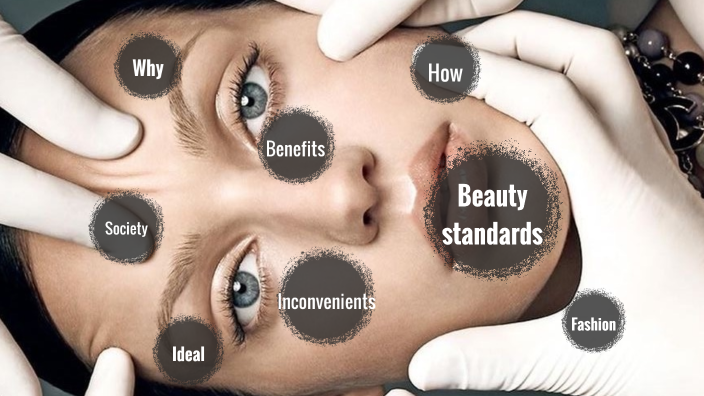How modern beauty standards continue to limit what and who is considered beautiful online and offline.
May 23, 2023
This paper explains how modern beauty standards continue to limit what and who is considered beautiful online and offline. Nowadays, it has become increasingly difficult for women and other marginalized gender identities to feel confident in their identity due to unrealistic beauty ideals perpetuated by the media. This paper highlights that these standards are heavily enforced through social media and advertising campaigns, while also proving how these standards have a direct correlation with self-esteem issues among individuals of different ages, genders, body types, races, and social classes.
Modern beauty standards are almost always centered around the idea of “the perfect body,” which is typically portrayed as white, able-bodied, and thin. This has lead to a culture of comparing oneself to others and creating an environment where people feel they have to meet unrealistic expectations in order to be accepted. Furthermore, these standards can create feelings of inferiority among individuals who don’t fit into the beauty archetype, causing them to experience depression and anxiety due to their perceived lack of worthiness.

In addition to this, modern beauty standards are also promoted through influential figures such as celebrities or fashion bloggers on social media platforms. These individuals often promote products and lifestyle choices that put even more pressure on those who struggle with self-image. For example, it is not uncommon for popular influencers to post images of themselves on Instagram showcasing perfect bodies and lifestyles that many people cannot achieve. This further reinforces the idea that beauty is only achievable through certain products or methods, creating an unrealistic ideal of perfection.
Overall, it’s clear that modern beauty standards play a significant role in limiting what and who is considered beautiful online and offline. Not only do they create harmful body image issues among individuals of different ages, genders, body types, races, and social classes, but they also perpetuate false ideals about beauty which can lead to feelings of inadequacy. It's important to remember that beauty comes in all shapes and sizes and should be embraced at every level by everyone no matter what.
In conclusion, modern beauty standards limit what and who is considered beautiful both online and offline. These standards are heavily enforced through the media and advertising campaigns, while also having a direct correlation with self-esteem issues among individuals of different ages, genders, body types, races, and social classes. It’s important to be aware of these standards in order to combat them in our everyday lives and create a more inclusive environment for everyone.
